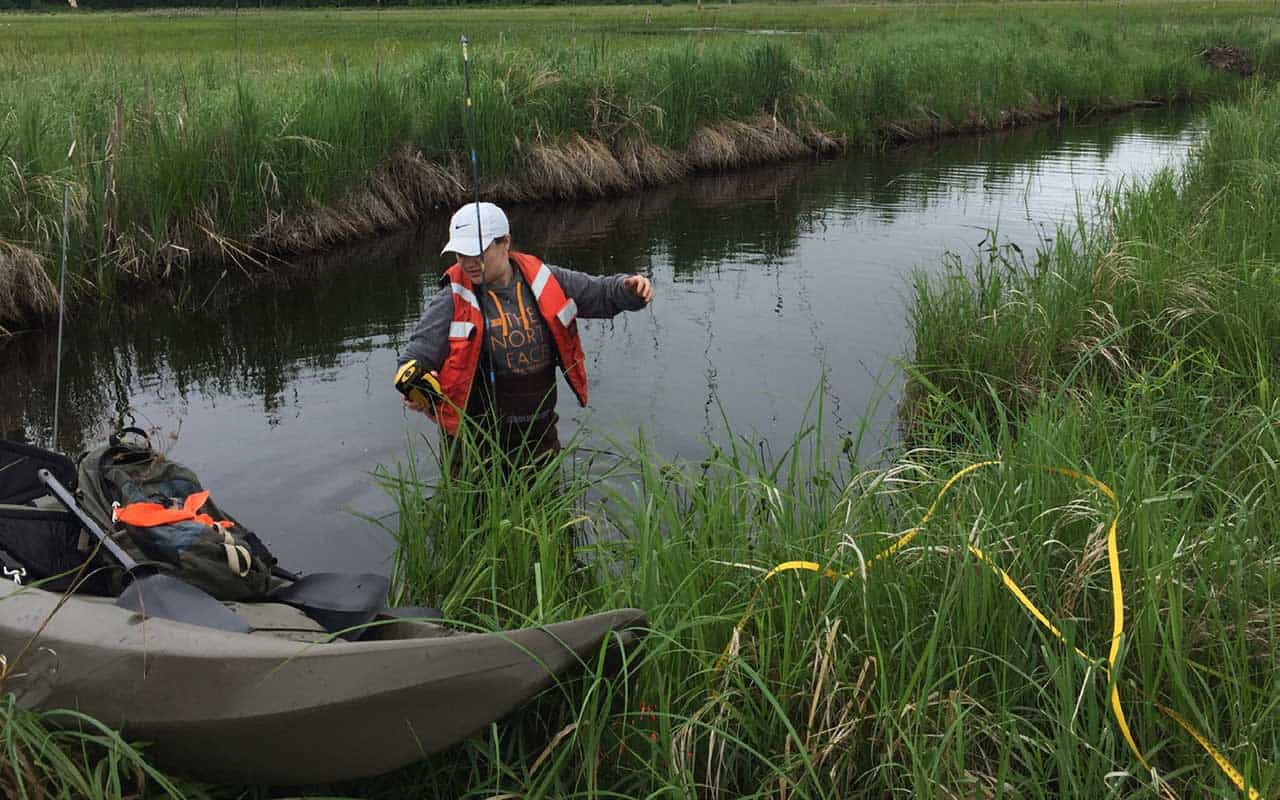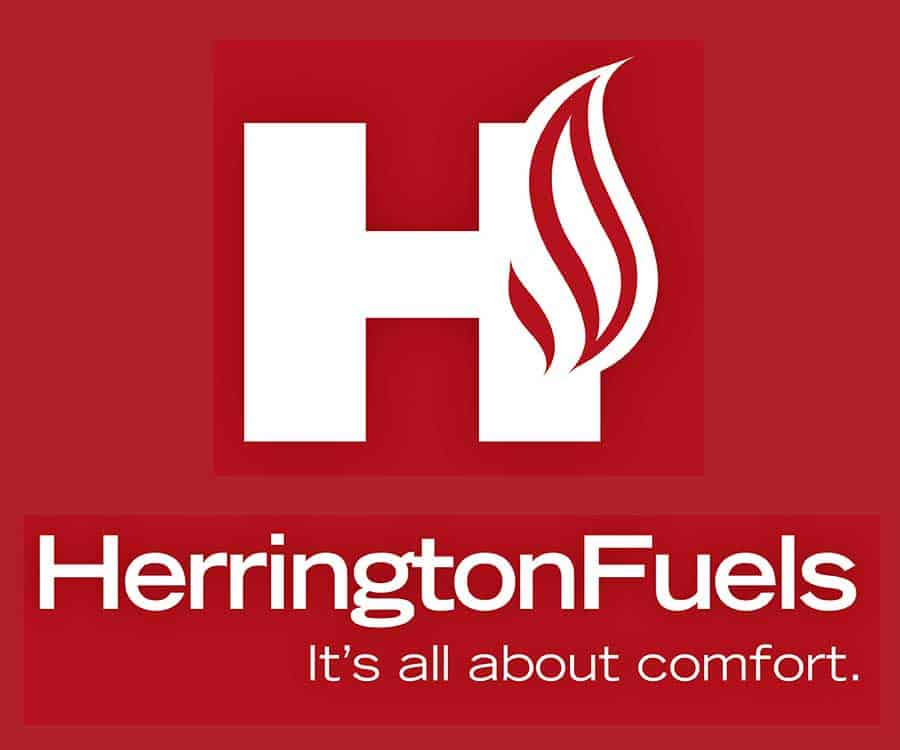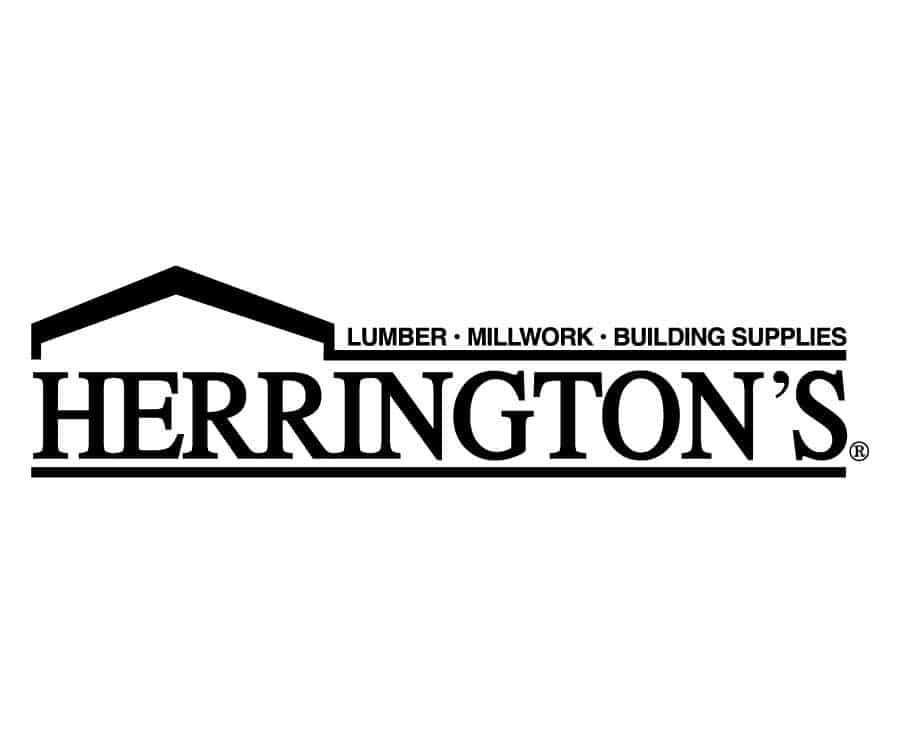Main Street Business

Environmental Problem Solvers
For Main Street’s environmental issue, we interviewed Daniel Rukakoski, head of Environmental Consulting for regional engineering firm Tighe & Bond. The multi-disciplinary firm is known for its expertise in engineering, design, and environmental consulting. In this interview we discover what these specialized consultants do and why environmental consulting might be a career to consider (but not if you don’t like being outdoors).
What do environmental consultants do?
Environmental consulting assignments are very diverse and differ from engineering specialties like civil, water/wastewater, and mechanical engineering. Our full-time staff in the Environment Business Line of about 85 professionals handles all sorts of clients and projects.
Site Assessment and Remediation includes the investigation and cleanup of contaminated soil, groundwater and hazardous vapors from the soil subsurface. For example, when an electrical transformer falls off a utility pole as a result of a storm event or vehicular accident, it often ruptures and can leak mineral oil dielectric fluid (MODF). While it usually leaks onto the pavement, alternatively it can get into the ground/groundwater, surface water or storm water system; this requires assessment and spill clean up. There are even some very old transformers still in service that are filled with MODF containing PCB’s. Our site assessment and remediation group also performs Phase I Environmental Assessments required by banks for lending or owners completing due diligence on a property purchase. The team assesses the site and state and local records for contamination issues. This is what Massachusetts and New York call “recognized environmental conditions” and Connecticut refers to as “areas of concern.” If these are identified, a Phase 2 investigation is recommended which may include sampling of soil, groundwater and/or soil vapors. We also develop cleanup plans or remediation systems when significant contamination is found.
Our Wetland and Ecological experts focus on activities in areas subject to federal, state, and local wetlands jurisdiction. We identify jurisdictional wetland boundaries and assess permitting requirements for projects that fall within wetlands or buffer zones, which can vary by state and community. We physically flag the boundaries and advise the client if permitting is required. We also examine rare and endangered species maps and provide consultation. Right now, we are working with an owner who wants to remove a dam that could impact an endangered turtle. Tighe & Bond developed a protection plan so the turtles are not harmed during construction. We also perform annual wetland monitoring at various sites, including around municipal drinking water wells.
Consultants also help clients with Regulatory Compliance, ranging from air quality, hazardous materials management, tank compliance, and industrial storm water protection. Tighe & Bond employees understand what the processes are in a particular industry and the required compliance with various regulations. Since regulations are changing all of the time in various locations, we hold 45 to 50 on-call contracts to help clients keep on top of changes and annual reporting requirements. We work for hospitals, schools, universities, utility companies, and manufacturers to comply with various state and federal regulatory requirements.
Asbestos, lead paint, and PCB’s are just part of what our Hazardous Building Assessment consulting practice addresses. If a building needs to be renovated or demolished this team identifies hazardous materials, determines disposal requirements, and oversees removal to ensure the site remains in compliance. Most of the waste goes to permitted landfills out of state, such as in Michigan or New Hampshire, into capped landfills.
Lastly, our consultants dealing with Industrial Waste Treatment develop cleaning processes so byproducts from pharmaceutical, hospital, or industrial companies can be discharged safely to wastewater treatment plants.
What kind of training and background is important for this kind of job?
We look for diverse backgrounds when hiring candidates – not necessarily engineering degrees. Employees have studied geology, hydrology, environmental science, natural resources management, biology, ecology, regulatory policy, and chemistry, as well as engineering. We confront a host of complex problems in our work, which makes diversity of experience important. It’s helpful when entry-level candidates have had some sort of work experience, like an internship, in the field.
Environmental consulting is not for everyone. It’s great to be outside in beautiful weather, but it can be demanding when you need to shovel snow to take a water sample, walk through wetlands in 95-degree heat, or deal with ticks and pricker bushes. You either like it or you don’t! That’s why internships are so important.
The percentage of women at Tighe & Bond and in the engineering industry in general has been rising. At Tighe & Bond, 34% of our staff is female, which is just slightly lower at 29% female specifically in our Environment Business Line.
How big is Tighe & Bond? What’s its culture like?
There are about 430 people in the company, which was founded over a 100 years ago, and we are a highly regarded, mid-sized regional engineering firm. We have 12 offices across the Northeast, reaching nearly every state in New England plus an office in Rhinebeck, NY. We are strategically expanding our reach and services to best serve our clients.
Our leadership team is very focused on the needs and best interests of our employees. To facilitate ownership transition back in 1998, we became an employee-owned firm by forming an ESOP. The ESOP owns a portion of the company, with the remainder also privately held through direct stock ownership. The ESOP provides us the opportunity to reward all employees, provided they meet the eligibility criteria each year, for their performance and long-term employment with the company. Since we are all owners there is a strong work ethic, and we celebrate our successes.
Training and mentorship is a big part of our culture. We have created courses in project management, business writing, leadership and geo-environmental sampling. We strive to be the best in the industry.
There is also a strong commitment to our communities, and we recognize and reward employees who volunteer and give back through our Make A Difference program. Not only does this program encourage volunteerism, but it also allows our firm to support causes our employees care about.
What was the most interesting project your team has been involved in?
Probably the decommissioning and site clean-up of a coal-fired power plant in Holyoke, MA, and replacing it with solar (see photo below).
One of the biggest challenges occurred at the time of Hurricane Irene, which caused massive damage to regional infrastructure. We had to work quickly to design and permit washed out bridges, breeched dams, and exposed sewers. All of this had to be completed while working with regulators. We all really cared about the impact on people, and it was very rewarding to get everything back up and running.
What is your own background?
I’ve been at Tighe & Bond for 15 years and prior to that worked for a national environmental consulting firm with over 2,000 people. I travelled a lot and had little access to senior management. At Tighe & Bond I don’t spend nights in hotels and can talk to the CEO anytime. We all have an open-door policy.
What are the most surprising things environmental consultants discover?
It’s amazing the amount of urban fill, ash, and unsuitable materials that were historically used to spur development, especially along the coast. You collect a subsurface soil sample and find material that shouldn’t be there.
Are there new environmental dangers?
The big concern right now is PFAS – short for “per-and polyfuoroalkyl substances” – that are found in firefighting foam, nonstick pans, waterproof jackets, packaging and even waterproof mascara, shampoo and shaving cream. Standards are being developed in several states for acceptable levels for this new host of compounds, which are linked to cancer and thyroid disease, weakened childhood immunity and other health problems. It’s the next emerging contaminant, similar to asbestos and PCBs of the last century.
What are your plans for the environmental practice going forward?
I’d like to see us expanding our ability to provide environmental consulting services geographically throughout the Northeast, possibly through acquisition, in the next five years. •
To learn more about Tighe & Bond, visit www.tighebond.com.



